The call comes as countries continue negotiations on an international treaty on plastic pollution ahead of World Environment Day (June 5).
Mr. David R. Boyd - UN Special Rapporteur on human rights and the environment and Mr. Marcos Orellana - UN Special Rapporteur on hazardous substances and human rights said that plastic production has increased exponentially in recent decades and every year more than 400 million tons of plastic are produced worldwide.
The dangerous “plastic cycle”
Experts have outlined the stages in the “plastic life cycle” and its impact on the human right to a healthy environment, ensuring life, health, food, water and a decent standard of living.
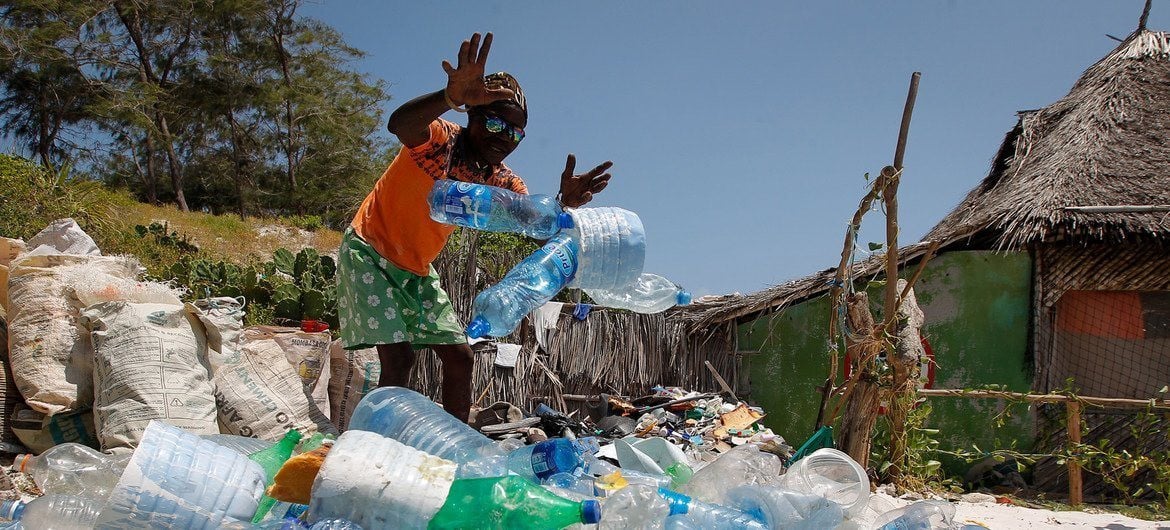
Plastic production relies almost exclusively on fossil fuels. This process releases toxic substances that are dangerous to humans and nature. After use, 85% of single-use plastic ends up in landfills or the environment.
Meanwhile, other “false and misleading solutions” only exacerbate the threat of plastic waste. Plastics, microplastics and toxic substances are found in the food we eat, the water we drink and the air we breathe.
The UN experts’ study also noted that vulnerable communities are disproportionately affected by exposure to plastic pollution and waste. They are particularly concerned about groups that suffer environmental injustices due to high exposure to plastic pollution, including many living in “sacrifice zones” – locations near facilities such as open-pit mines, oil refineries, steel mills and coal-fired power plants.
Plastic pollution also exacerbates climate change, an often overlooked issue, experts say. For example, plastic particles found in the ocean limit the ability of marine ecosystems to remove greenhouse gases from the atmosphere.
Conduct treaty negotiations
“We are in the midst of a toxic tidal wave of plastics polluting the environment and negatively impacting our human right to a pollution-free environment in countless ways throughout the plastic lifecycle,” said Mr Boyd and Mr Orellana.
Over the past two years, the UN General Assembly has adopted landmark resolutions recognizing the human right to a clean, healthy and sustainable environment, which will spur and guide initiatives to tackle plastic pollution, experts say.
They also welcomed progress toward a binding international treaty to reverse plastic pollution, including in the marine environment. The United Nations Environment Programme (UNEP) predicts that the amount of plastic waste entering marine ecosystems could reach between 23 and 37 million tonnes per year by 2040.
The talks took place last week in Paris, France, following the first session held last year in Uruguay.
“We cannot recycle our way out of this mess,” UNEP chief Inger Andersen said in her opening remarks. “Only elimination, reduction, a full lifecycle approach to plastic, transparency and a just transition can bring success.”
Source




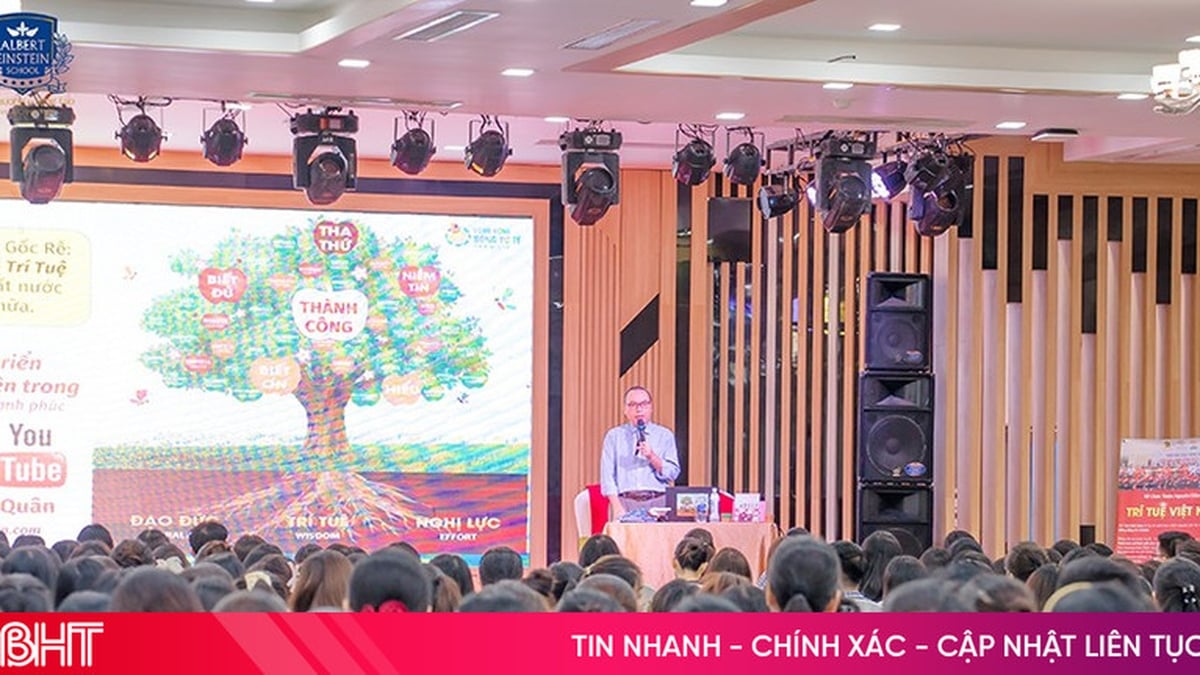





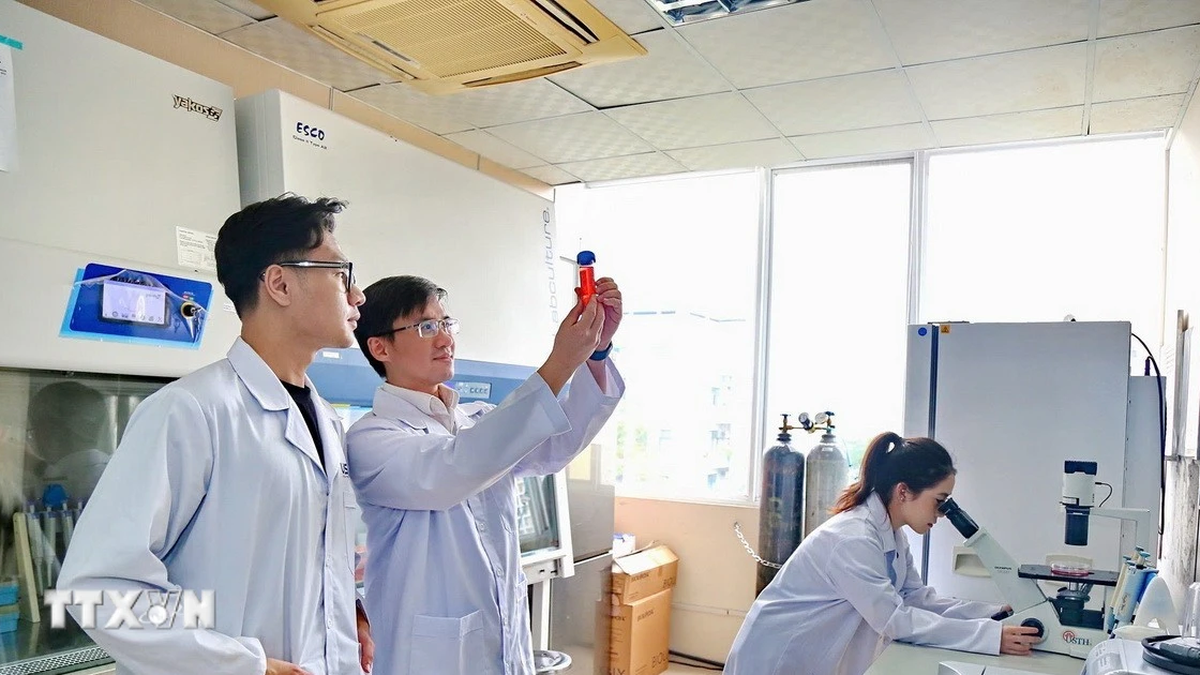







































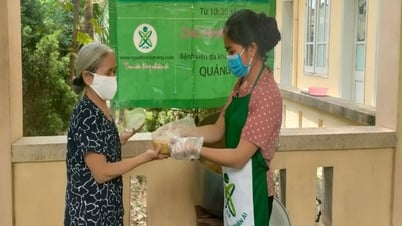


















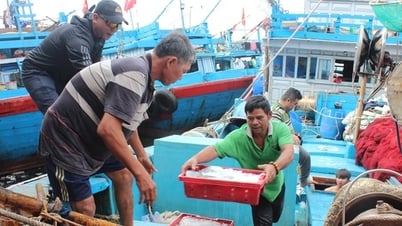





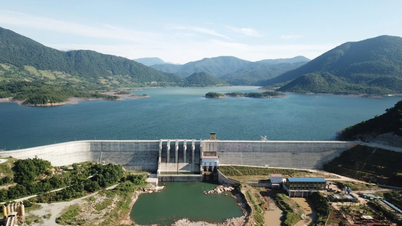










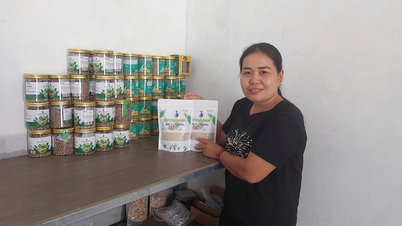













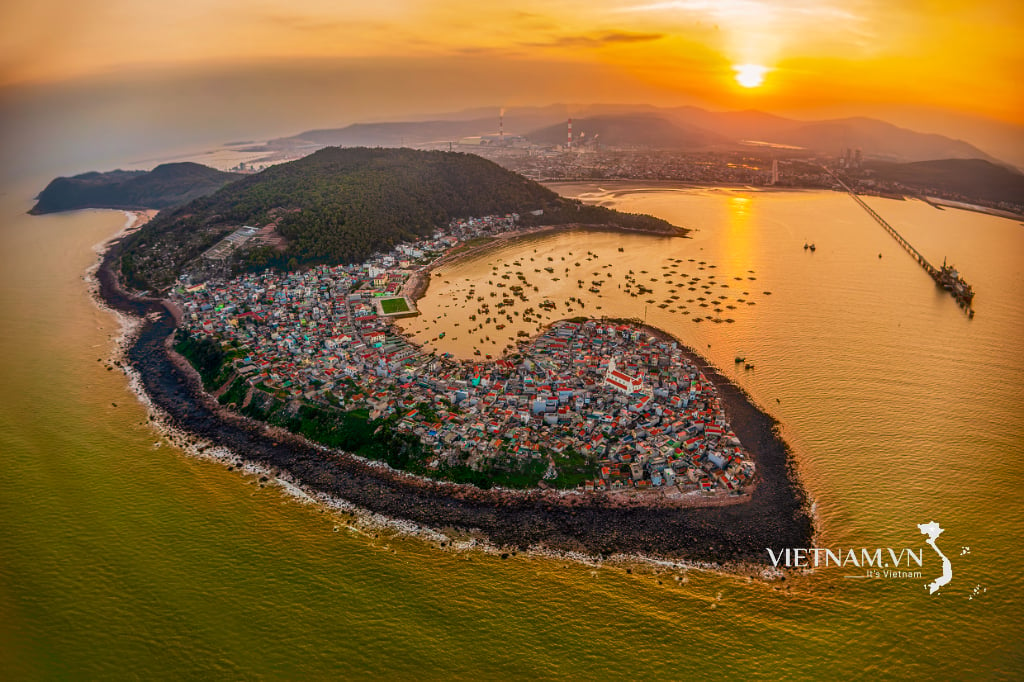
Comment (0)